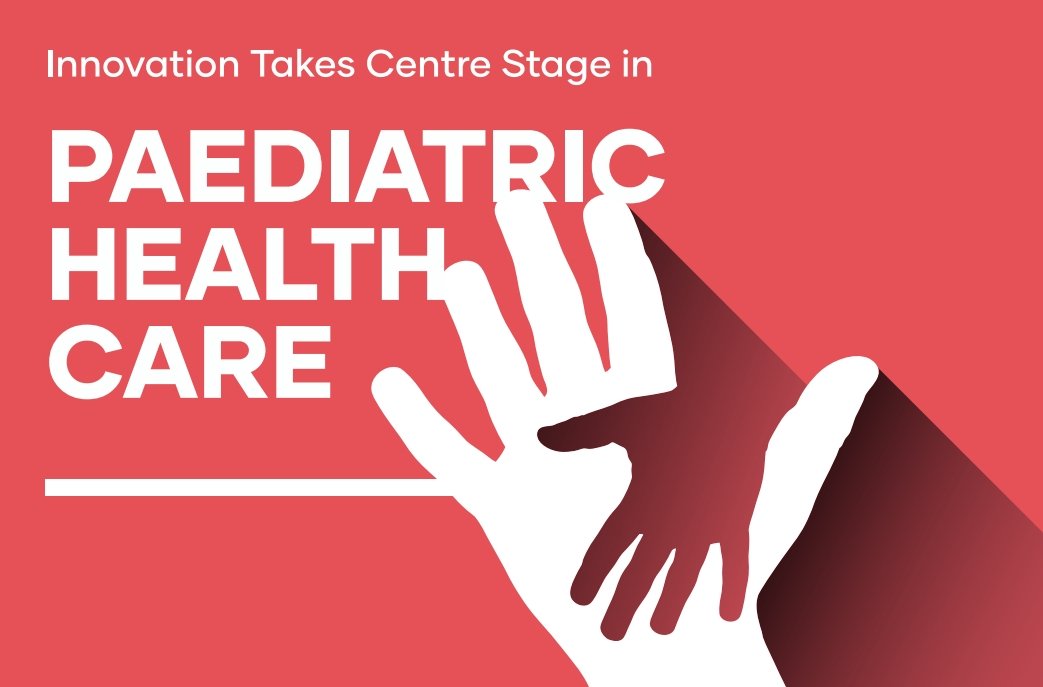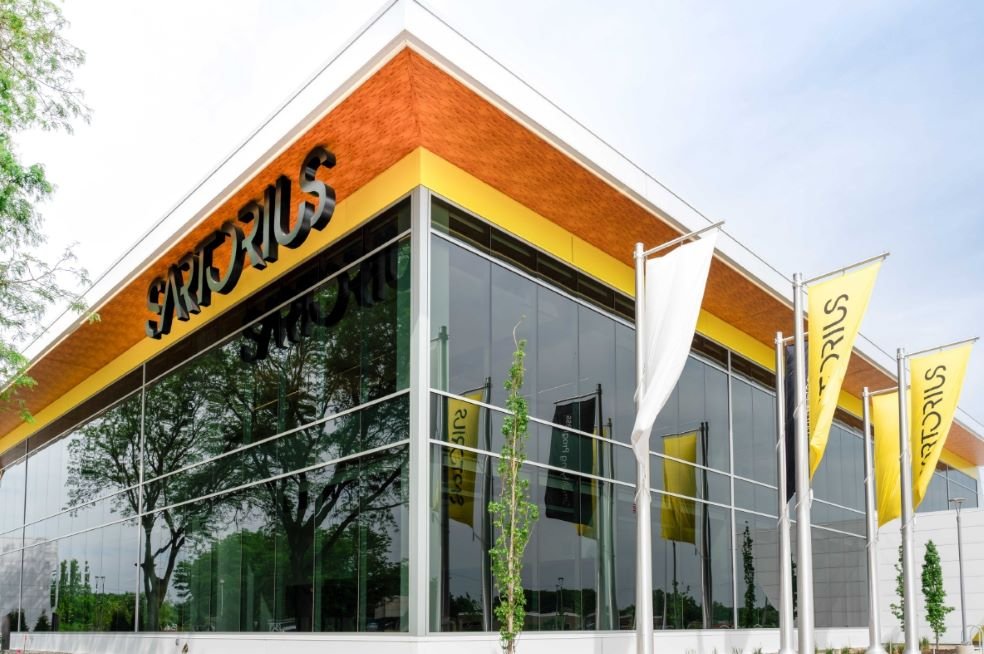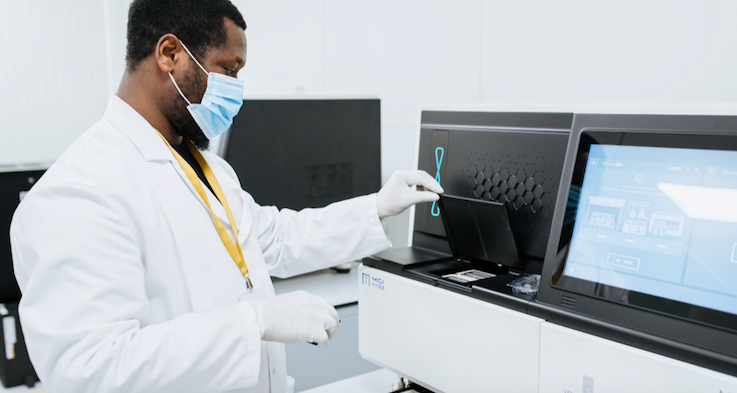India continues to attract FDI in pharma
25 June 2012 | Analysis | By BioSpectrum Bureau
India continues to attract FDI in pharma

The Foreign Investment Proposal Board has cleared six proposals till now in 2012
Indian pharmaceutical companies continue to receive approval from the Foreign Investment Promotion Board (FIPB), a national agency of Government of India that provides a single window clearance for proposals on Foreign Direct Investment (FDI) in India, despite the fact that there is a lot debate on the issue. During the first quarter of the year, six companies received the FIPB nod for FDI to the tune of $137 million (Rs 745 crore). Shantha Biotechnics and Edict Pharmaceuticals got the highest FDI approval of $95 million (Rs 514 crore ) and $32 million (Rs 171.53 crore), respectively. The other leading names include Aptuit Laurus ($8.79 million) and Softgel Healthcare ($1.83 million).
The FIPB has given its nod to these companies as they proposed to increase foreign equity in brownfield pharmaceutical sector to carry out research, development, manufacturing and marketing of recombinant DNA-based products and bio-generics, transfer of 100 percent equity to foreign investor, to carry on the business of drug discovery and development.
At the same time, the FIPB has deferred the proposals of few companies who are looking at infusion of foreign investment in an existing company engaged in the business of manufacturing, research and development for technology advancement, and marketing of pharmaceutical finished dosage formulations, undertaking research and development focused on developing and producing various types of dosage forms of active pharmaceuticals, sale and distribution of solid dose products and other products, focusing on contract research and manufacturing services and carrying out the business of drug discovery and development. In all, six proposals have been deferred in the last three meetings of the FIPB since January 2012.
The proposals deferred by the FIPB since January include those of Ordain Health Care Global of Chennai, Apotex Research of Bangalore, and Ankur Drugs, Pharma, Arch Pharmalabs and Plethico Pharmaceuticals of Mumbai.
Though a comprehensive data on FDI in pharma, with regard to acquisition of companies by multi-nationals, is not maintained by the Ministry of Commerce & Industry, the ministry said FDI equity inflows, of $341.49 million, have been recorded under the acquisition route in the drugs and pharmaceuticals sector between April 2009 and February 2012.
It may be recalled that during mid last year, the takeovers of Indian pharmaceutical companies by multinationals in the last few years have triggered a debate on whether this could increase the possibility of other takeovers of Indian companies and impact the country's healthcare scenario by affecting price of drugs and their availability. Considering sensitivity of the issue, the Department of Commerce, in August 2011 on the request of the Department of Pharmaceuticals, asked consultant firm Ernst & Young to study the situation and come up with report.
In October 2011 a high-level meeting of inter ministerial group was chaired by the prime minister of India, Dr Manmohan Singh, and attended by Union Finance Minister Mr Pranab Mukherji, Health Minister Mr Ghulam Nabi Azad, Commerce, Industry and Textile Minister Mr Anand Sharma, Pharmaceutical and Chemical Minister Mr MK Alagiri and Deputy Chairman of Planning Commission Dr Montek Singh Ahulwalia that discussed the issue. While striking a balance between larger public health concerns and strengthening domestic manufacturing capacities, the meeting finally agreed upon two things.
a) India to continue to allow FDI without any limits (100 percent) under the automatic route for Greenfield investments in the pharma sector. This will facilitate addition of manufacturing capacities, technology acquisition and development.
b) In case of brownfield investments in the pharma sector, FDI will be allowed through the FIPB approval route for a period of up to six months. During this period, necessary enabling regulations will be put in place by the Competition Commission of India (CCI) for effective oversight on mergers and acquisitions to ensure that there is a balance between public health concerns and attracting FDI in the pharma sector. Thereafter, the requisite oversight will be done by the CCI entirely in accordance with the competition laws of the country.
However, the debate continues over wider coverage for FDI in the pharmaceutical sector. Now, the Department of Pharmaceuticals has submitted a proposal to the FIPB to continue clearing stake purchases by multinational companies in Indian pharmaceutical industry as it seeks to end the uncertainty that has halted the inflow of investments from MNCs in the sector.
"At present, there is no proposal before the government for change in the FDI policy in the pharmaceutical sector is under consideration," said Mr Jyotiraditya M Scindia, Union minister of state for Commerce and Industry, Government of India, on May 7, 2012. "FDI policy is reviewed on an ongoing basis, with a view to making it more investor-friendly."












